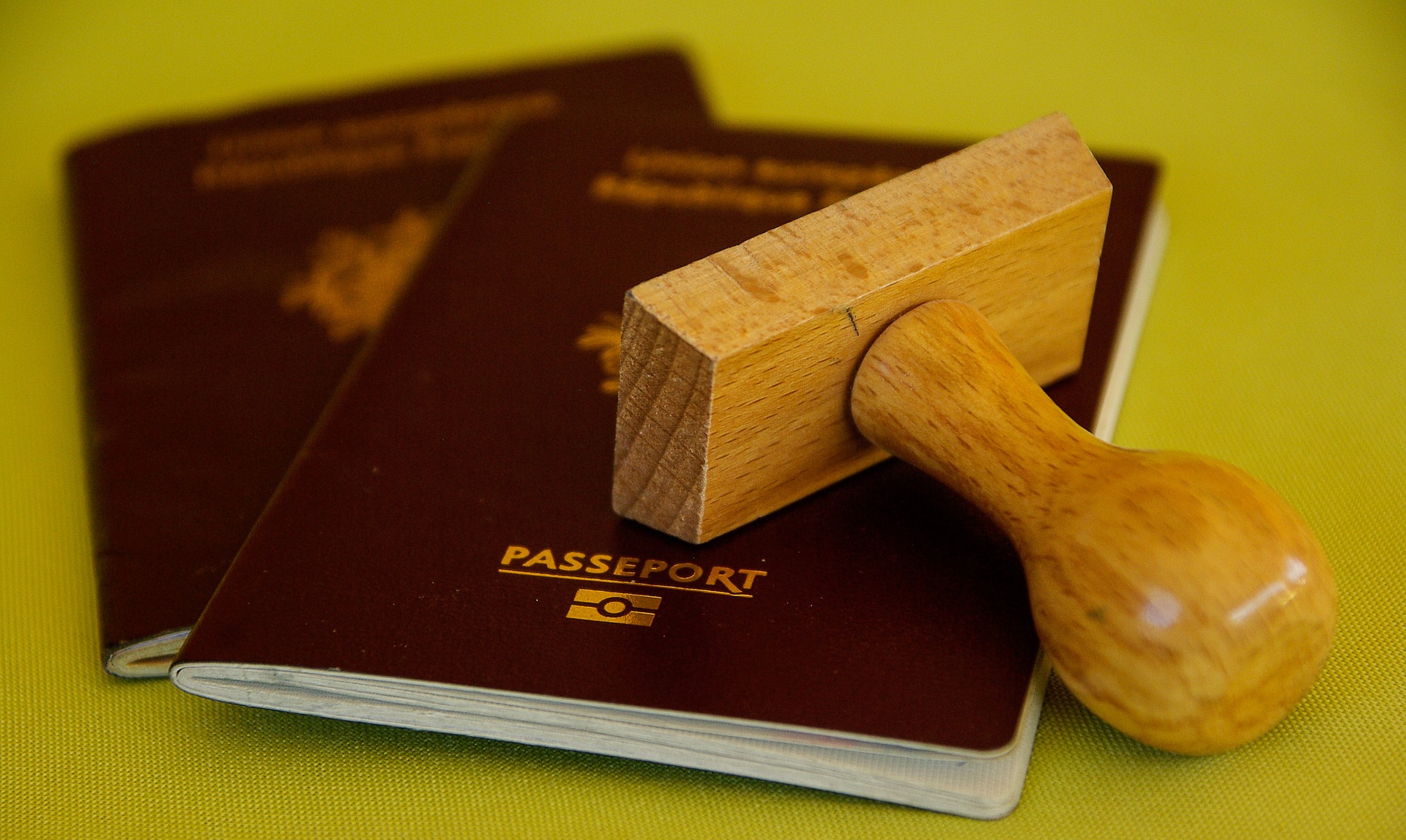

If you’ve decided to study in Spain, you’ve made an excellent choice. Not only does Spain offer high-quality education – 10 Spanish universities rank in the top 500 according to the QS World University Rankings 2016 – 2017 – but also a rich cultural experience and plenty of fun. If you have just arrived and are looking for accommodation, look no further than ShBarcelona. We offer a variety of apartments in many different areas of the city.
Table of Contents


Photo via Pixabay
Citizens from the EU, EEU, Switzerland, Norway, Iceland, and Liechtenstein do not need a student visa. You just need to register with the local authorities when you arrive and to get a resident’s card. Citizens from anywhere else in the world do need a visa. Luckily, Spain isn’t one of the most difficult places to get a visa and most people report getting the visa as a fairly painless process. To obtain a student visa for Spain first you need to apply for a course at an officially recognized institution and be accepted. Once you have proof of being accepted on the course you have to contact the Spanish embassy or consulate in your home country and make the application for a student visa. It is essential that you obtain the visa from your country of residence as it cannot be obtained while in Spain.
Related article: Do you need a passport to go to Spain?
A flat fee of €60 is charged for the processing of a visa. On top of this, you´ll pay a specific fee of €16 for processing the student visa. Beyond the visa, however, other costs have to be taken into account. To be granted a student visa you need to be able to show proof of how you will support yourself financially for the duration of your course. This has been calculated at €70 per day, and €636 in cash (Euros, or the equivalent in foreign currency). This can be proved through personal bank statements, evidence of any kind of financial aid or scholarship, or a letter from your parents or legal guardians assuming full financial responsibility you. You´ll also need to provide proof of health insurance coverage for the planned period of your stay. You may need a medical certificate proving that you do not suffer from serious health problems, and a criminal record check.
There are three types of school in Spain; public schools, (colegios públicos ), which are publicly funded and are free to attend; (parents must pay for books, materials, and uniforms); private schools, which are funded by the state (colegios concertados), these schools are subsidized and so are cheaper than the third type; the fully independent private schools (privados), many of which are international schools.
Related article: Cost of living for students
photo via pixabay
Spain’s Higher Education System was internationalized in 2007, to follow the three cycle Undergraduate, Masters, and Doctorate structure of the Bologna Process. This makes it compatible with the European Higher Education Area. The system is divided into public and private universities and fees vary accordingly. The cost of tuition can vary between €5,000 and €15,000 per academic course for private universities, and between €750 and €2,600 for public universities. Tuition may be in Spanish, a regional language, such as Catalan, or English. You can access a database of English taught programs at Spanish universities here.
Barcelona’s Mediterranean climate, with increasingly warmer and longer summers, makes air conditioning an essential feature…
Maybe you're thinking about selling a property or you've just inherited one or more real…
Do you enjoy strolling among trees and plants, away from the hustle and bustle of…
If you are planning to move to Barcelona for a few months or permanently, one…
ShBarcelona establishes itself as the leading agency within the Apialia Eixample Group, reaffirming its position…
Are you going to visit Barcelona this 2025? The vibrant Catalan capital once again becomes…
View Comments
I went to study for spain
Hello Bikramjeet,
You can find more information on how to apply for a student visa in the article 'How much is a student visa to Spain'.
Kind regards,
Daniella